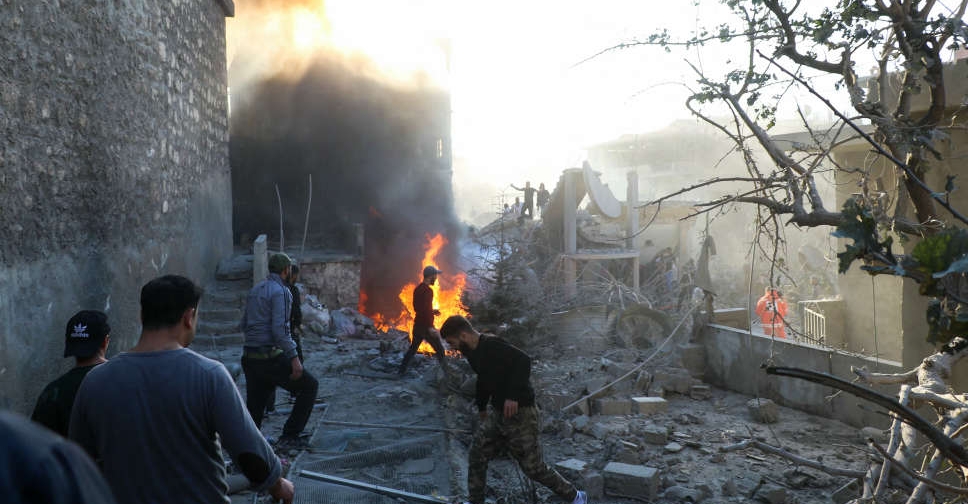
Israeli strikes on Lebanon killed 40 people around the eastern city of Baalbek in the Bekaa Valley on Wednesday, according to the country's health ministry, while more strikes hit Beirut's southern suburbs at dusk.
Israel and Hezbollah have exchanged fire for over a year in parallel with the Gaza war but fighting has escalated since late September, with Israeli troops intensifying bombing of Lebanon's south and east and making ground incursions into border villages.
Israeli strikes on Baalbek and the Bekaa Valley killed 40 people and wounded 53, the health ministry said. The Israeli military did not comment.
Israel has repeatedly battered strongholds of Lebanese armed group Hezbollah in the southern suburbs of the capital Beirut.
The Israeli military ordered residents in the southern suburbs to evacuate several locations on Wednesday. Two waves of bombing followed- one late Wednesday and another early Thursday.
Lebanon's Al Jadeed TV reported at least four strikes on Thursday. There was no immediate report of casualties or details on what was hit.
Lebanese rescuers scoured a destroyed apartment building in the town of Barja, south of Beirut, for bodies or survivors after an Israeli strike on Tuesday evening killed 20 people there, Lebanon's health ministry said.
It was not clear whether the strike targeted a member of Hezbollah. There was no evacuation warning ahead of the air raid.
Hezbollah said on Wednesday it had fired missiles at an Israeli military base near Ben Gurion Airport. Israeli media reported a rocket had landed near the airport.
Later, the Israeli military said dozens of projectiles had crossed into Israel from Lebanon, some of which were intercepted.
Efforts to bring a diplomatic end to the conflict have stalled. Israeli Prime Minister Benjamin Netanyahu on Tuesday appointed Israel Katz as defence minister, who vowed to defeat Hezbollah so people displaced from northern Israel could return home.
Hezbollah Secretary-General Naim Qassem on Wednesday said he did not believe that political action would bring an end to hostilities.
He said there could be a road to indirect negotiations if Israel stopped its attacks.
"When the enemy decides to stop the aggression, there is a path for negotiations that we have clearly defined - indirect negotiations through the Lebanese state and speaker (of parliament Nabih) Berri," Qassem said.
US diplomatic efforts to halt fighting between Israel and Hezbollah, which included a 60-day ceasefire proposal, faltered last week ahead of the US election on Tuesday in which former President Donald Trump recaptured the White House.
More than 3,000 people have been killed in Israeli strikes on Lebanon over the last year, the vast majority in the past six weeks.


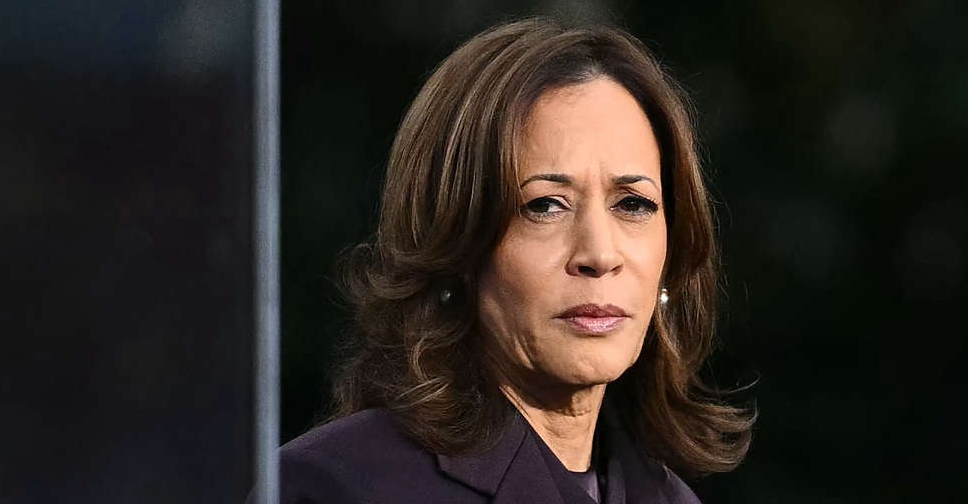 Harris vows to continue fighting for rights after election loss
Harris vows to continue fighting for rights after election loss
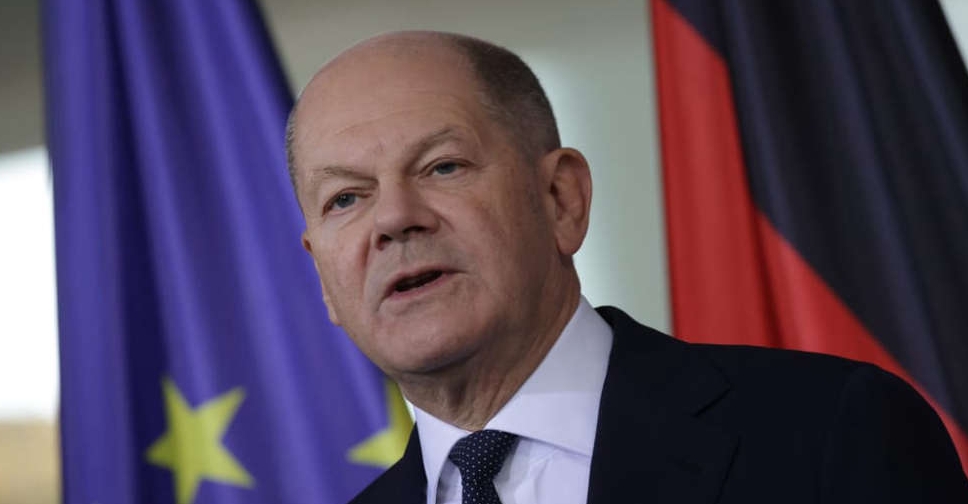 Germany faces snap election as Scholz's coalition crumbles
Germany faces snap election as Scholz's coalition crumbles
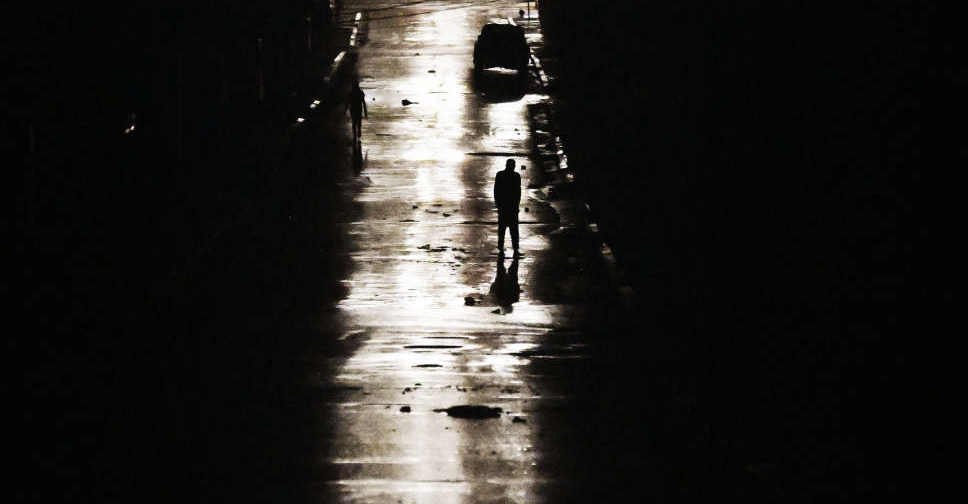 Cuba's power grid collapses as hurricane Rafael strikes
Cuba's power grid collapses as hurricane Rafael strikes
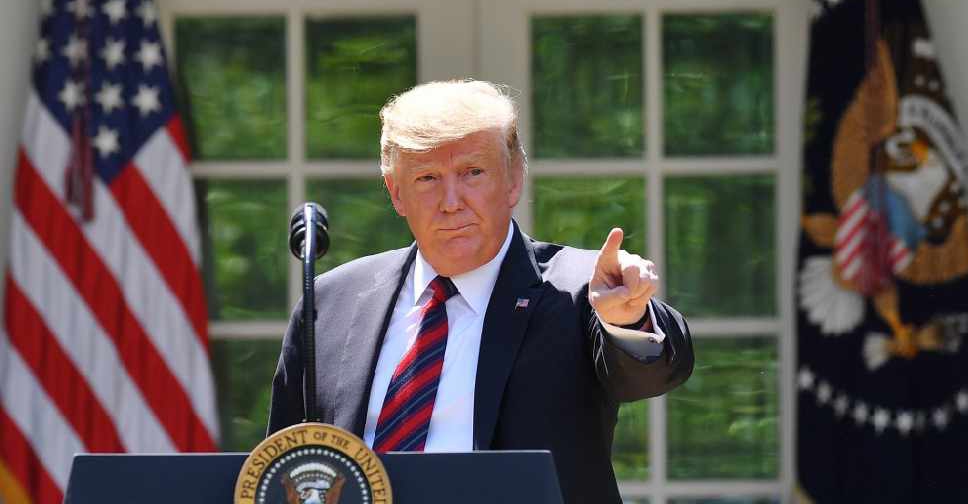 Trump to officially become 47th US president
Trump to officially become 47th US president



